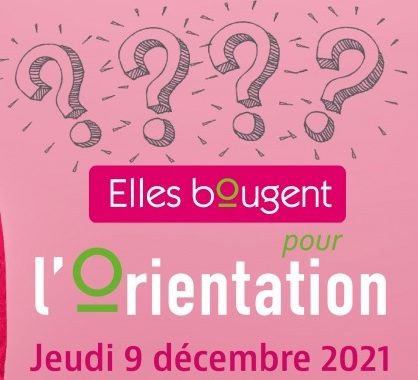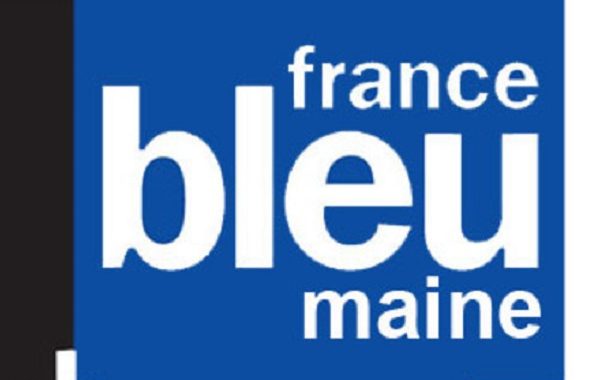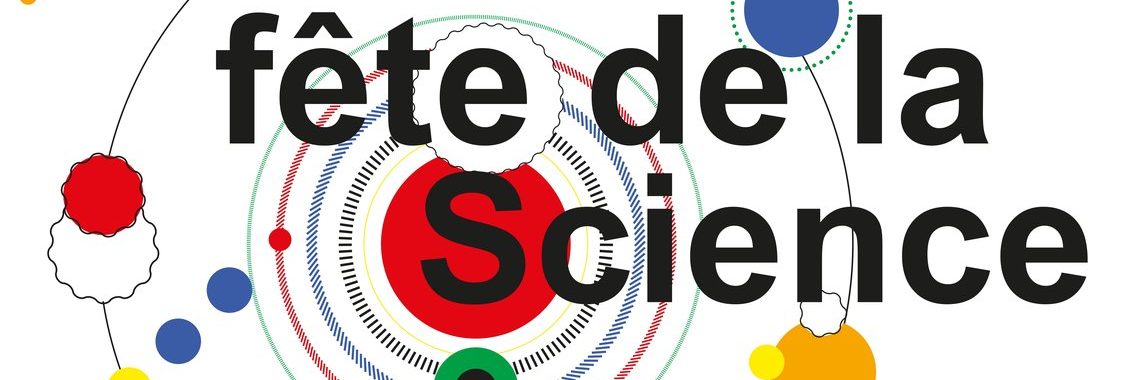Journée internationale de sensibilisation des jeunes filles aux métiers scientifiques et techniques
Journée internationale de sensibilisation des jeunes filles aux métiers scientifiques et techniques Le jeudi 9 décembre a eu lieu la journée internationale de sensibilisation des jeunes filles aux métiers scientifiques et techniques. Nathalie Camelin, Nicolas Dugué et Marie Tahon sont intervenus auprès des élèves du lycée Touchard en partenariat avec l’association “Elles bougent ». […]

 English
English





